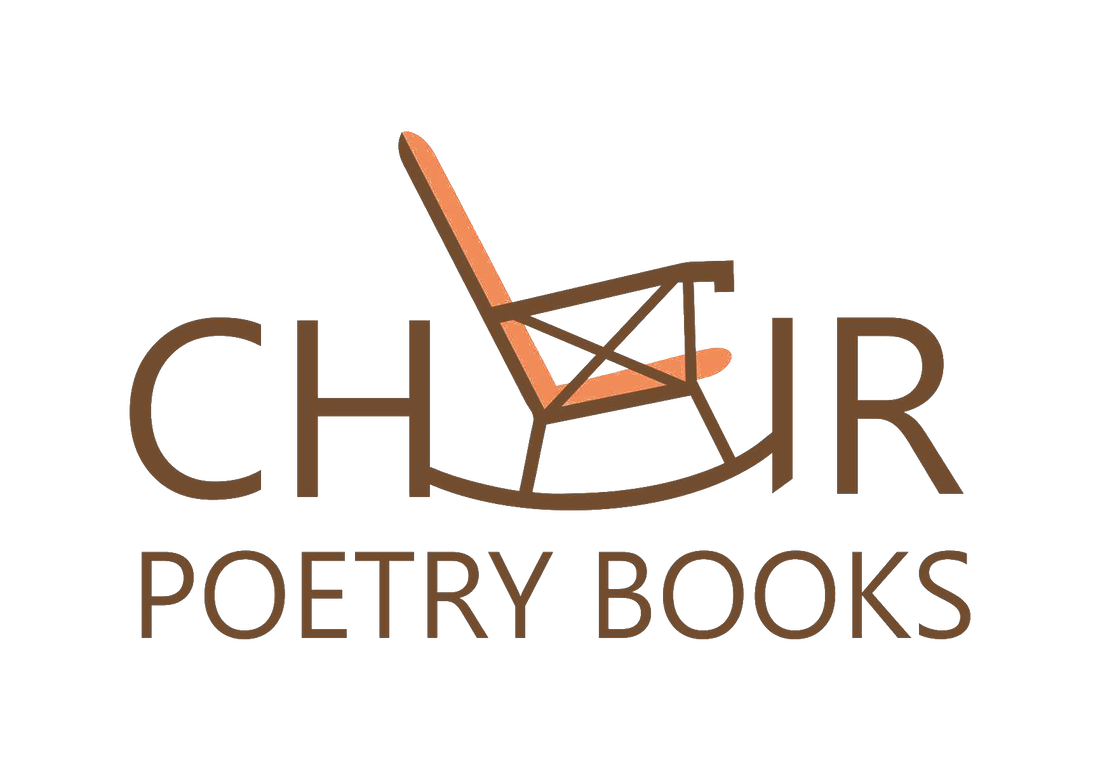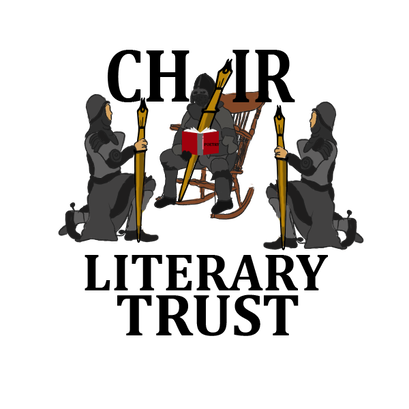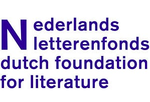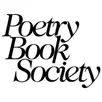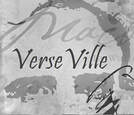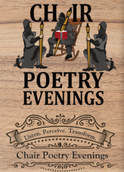All We Have by Sarabjeet Garcha
Endorsements
There's an understated shimmer to the spare, lyric poems of Sarabjeet Garcha's All We Have ... They have silence and time built into their walls.
They know both light and dark, and outside their window sits a green bird called transformation.
TISHANI DOSHI
"These poems of rapt observance are happy to dwell in the uncomfortable shadowlands of uncertainty and doubt. They also achieve the remarkable feat of appearing to be very old while at the same time being intensely fresh and alive.
KATHARINE TOWERS
'Sarabjeet is one of my favourite contemporary poets. In these roof-like poems we come face to face with a spiritual philosophy that stirs us to re-read, rest, return, remember and rehabilitate our relationship with life and the living
SUMANA ROY
The juxtapositions are arresting and original a new relationship is both handcuffs as well as the infinite sign, and leaves are tired birds that have returned home and will let roots know about the sky. These poems carry the voice of perennial youth and the experience of a poet in his prime.
MANI RAO
These finely woven utterances take their place in the lineage of the saint-poets. These are poems of deep spirituality and visionary experience. They are like the Pahari artist Nainsukh's paintings in their delicate beauty and robust wisdom
RANJIT HOSKOTE
In All We Have, Sarabjeet Garcha shines an intimate light on a universe that borders on the unfathomable. Quietude is the hallmark of his poetry. Laconic yet assertive, he has the mystique of the recluse who has realised his ethos. "To be yourself / needs no apology" is the assertion of someone who has embraced his self and found his voice. Precise yet evocative, restrained yet effusive, melancholy yet radiant, his poems neither abandon hope nor cherish false optimism. For this minimalist, the "millisecond glare" of "a spark" is "enough / to reveal all the beauty / we thought was laid waste". Never in a rush, he lets language do her job, which is seldom easy. His is the politics of experience, which delineates his individuality and makes his worldview a rare gift in these times of relentless monotony. The question he poses in 'Light' is a testimony to his insatiable thirst: 'From where / should we look / to taste / the whole truth?' In texture as well as expression, the pellucid poems in this book possess the lilt of clouds hovering over the Himalayas.
DEVI PRASAD MISHRA
About the author
Sarabjeet Garcha is a poet, editor, translator and publisher. His five books of poems include A Clock in the Far Past and Lullaby of the Ever-Returning; in addition to a volume each of poems translated from Marathi and prose translated from Hindi. He has translated several American poets into Hindi, including W. S. Merwin and John Haines, and several Indian poets into English, among them Mangalesh Dabral and Leeladhar Jagoori. His poems, translations and essays have been published in the Notre Dame Review, Versopolis, Lyrikline, Modern Poetry in Translation, Asymptote, Two Lines Journal, the Indian Quarterly, Scroll, the Wire, among other journals and several anthologies. He has received the Fellowship for Outstanding Artists from the Government of India, the International Publishing Fellowship from the British Council, and the inaugural Godyo Podyo Probondho Award. His poems have been translated into German, Spanish, Russian, Malayalam, Kannada, Marathi, Punjabi and Hindi. He is the founder and editorial director of Copper Coin (www.coppercoin.co.in), a multilingual publishing company based in Delhi NCR.
There's an understated shimmer to the spare, lyric poems of Sarabjeet Garcha's All We Have ... They have silence and time built into their walls.
They know both light and dark, and outside their window sits a green bird called transformation.
TISHANI DOSHI
"These poems of rapt observance are happy to dwell in the uncomfortable shadowlands of uncertainty and doubt. They also achieve the remarkable feat of appearing to be very old while at the same time being intensely fresh and alive.
KATHARINE TOWERS
'Sarabjeet is one of my favourite contemporary poets. In these roof-like poems we come face to face with a spiritual philosophy that stirs us to re-read, rest, return, remember and rehabilitate our relationship with life and the living
SUMANA ROY
The juxtapositions are arresting and original a new relationship is both handcuffs as well as the infinite sign, and leaves are tired birds that have returned home and will let roots know about the sky. These poems carry the voice of perennial youth and the experience of a poet in his prime.
MANI RAO
These finely woven utterances take their place in the lineage of the saint-poets. These are poems of deep spirituality and visionary experience. They are like the Pahari artist Nainsukh's paintings in their delicate beauty and robust wisdom
RANJIT HOSKOTE
In All We Have, Sarabjeet Garcha shines an intimate light on a universe that borders on the unfathomable. Quietude is the hallmark of his poetry. Laconic yet assertive, he has the mystique of the recluse who has realised his ethos. "To be yourself / needs no apology" is the assertion of someone who has embraced his self and found his voice. Precise yet evocative, restrained yet effusive, melancholy yet radiant, his poems neither abandon hope nor cherish false optimism. For this minimalist, the "millisecond glare" of "a spark" is "enough / to reveal all the beauty / we thought was laid waste". Never in a rush, he lets language do her job, which is seldom easy. His is the politics of experience, which delineates his individuality and makes his worldview a rare gift in these times of relentless monotony. The question he poses in 'Light' is a testimony to his insatiable thirst: 'From where / should we look / to taste / the whole truth?' In texture as well as expression, the pellucid poems in this book possess the lilt of clouds hovering over the Himalayas.
DEVI PRASAD MISHRA
About the author
Sarabjeet Garcha is a poet, editor, translator and publisher. His five books of poems include A Clock in the Far Past and Lullaby of the Ever-Returning; in addition to a volume each of poems translated from Marathi and prose translated from Hindi. He has translated several American poets into Hindi, including W. S. Merwin and John Haines, and several Indian poets into English, among them Mangalesh Dabral and Leeladhar Jagoori. His poems, translations and essays have been published in the Notre Dame Review, Versopolis, Lyrikline, Modern Poetry in Translation, Asymptote, Two Lines Journal, the Indian Quarterly, Scroll, the Wire, among other journals and several anthologies. He has received the Fellowship for Outstanding Artists from the Government of India, the International Publishing Fellowship from the British Council, and the inaugural Godyo Podyo Probondho Award. His poems have been translated into German, Spanish, Russian, Malayalam, Kannada, Marathi, Punjabi and Hindi. He is the founder and editorial director of Copper Coin (www.coppercoin.co.in), a multilingual publishing company based in Delhi NCR.
